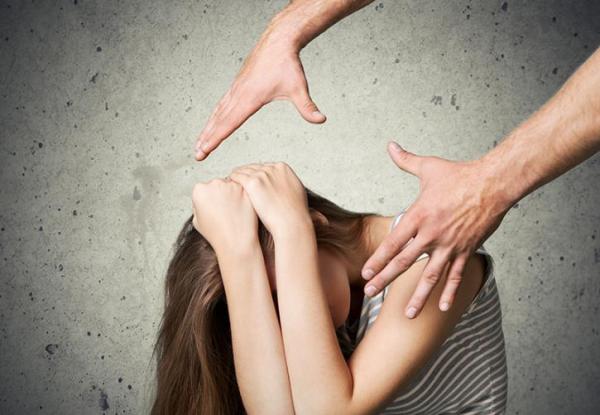
As a parent, having your daughter or son start to date for the first time can be a little uncomfortable. You do not want to see your child get hurt in anyway or witness their first heartbreak. Unfortunately another, more severe issue in too many young relationships is dating violence. Some teens are in abusive relationships and may not know it. Others know and do not know how to safely get out of it.
Kids In The House featured expert, Brian Pinero, is the director of the National Dating Abuse Helpline, the advocacy service provider behind loveisrespect.org. He has several videos providing advice for parents on what to do if your teen is an abusive relationship. In his video, Signs of Unhealthy Teen Dating Relationships, Pinero talks about signs of an unhealthy relationship. An example of this would be if someone constantly has to defer what he wants to do as an individual to constantly focus on the needs of the relationship.
In all relationships, it is important to look for red flags. This is especially important in teen relationships as these youths start learning social cues in relationships. A red flag is an indication that there may be power and control issues developing. What might start as a slight power imbalance can eventually translate into an abusive relationship.

It is important for both participants in the relationship to meet halfway. Pinero has another helpful video titled, Talking to Teens about Dating Violence. In this video he discusses how one in four 8th and 9th graders have some form of physical, mental, or emotional abuse in relationships. With data like this, you must talk to your teens about dating violence and encourage your school to do the same. The more awareness there is, the better.
Another Kids In The House expert, Stephen Gray Wallace, is director of the Center for Adolescent Research and Education (CARE) with broad experience as a school psychologist and adolescent and family counselor. In his video, Teenage Sexual Harassment, Wallace talks about how there are two things you must talk to your children about when discussing sex: sexual harassment and sexual violence. You must educate your teen on what is acceptable and what is not acceptable when it comes to physical interactions with a sexual partner.
As a parent, you must teach your teen how to say no and stand up for themselves if someone does not respect the power of that word. It is also crucial that you make your teen aware of what consequences there are for being the one pressuring others to do physical activities with which they are uncomfortable.







